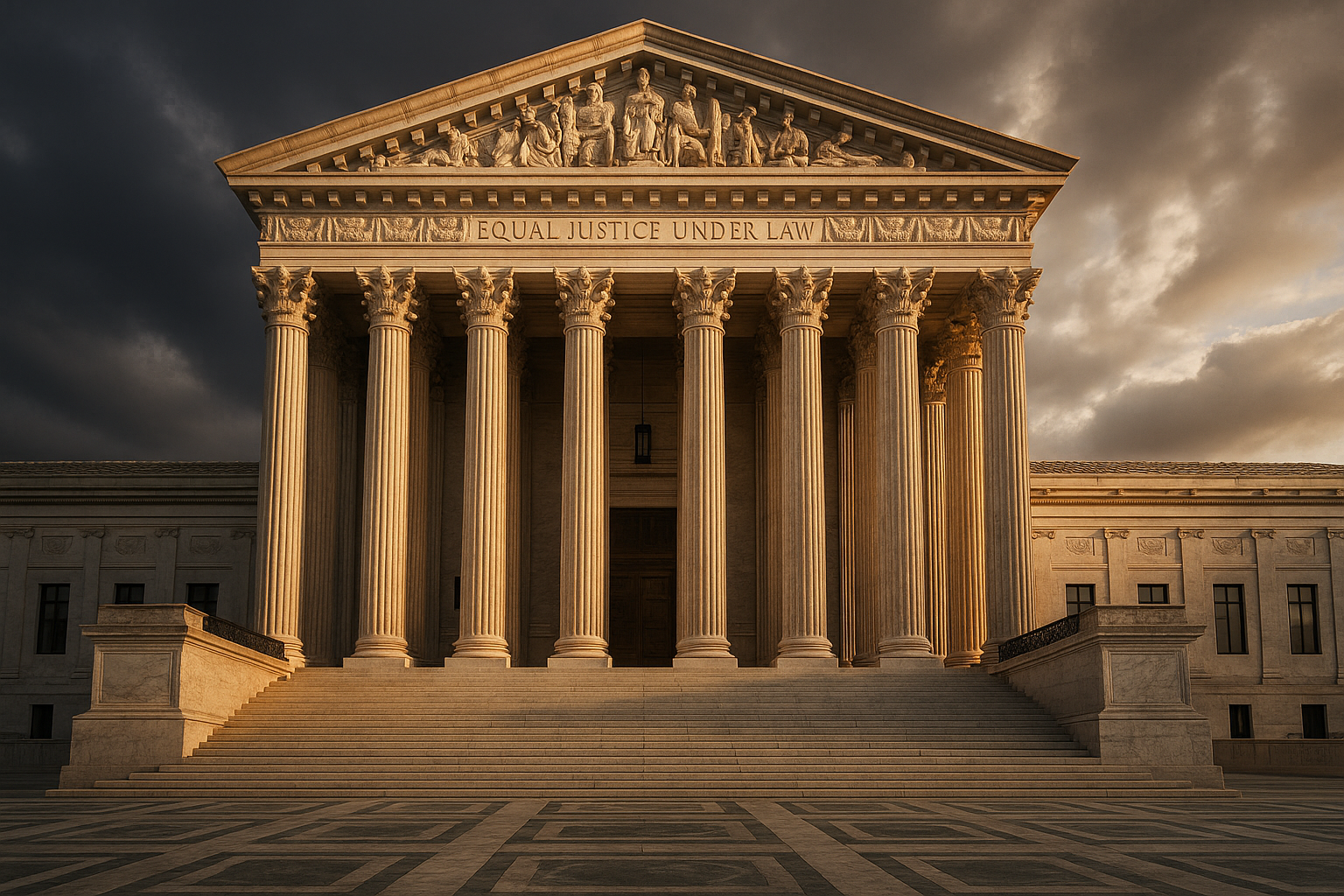In a decision that’s sending shockwaves across the country, the U.S. Supreme Court ruled in mid-July that President Donald J. Trump has the legal authority to dismantle the U.S. Department of Education without congressional approval. This unprecedented ruling has ignited national debate—especially in communities where access to quality public education is already uneven.
This decision comes amid a broader effort by the Trump administration to shrink the federal government’s footprint in social programs, redirect power to individual states, and remove what they describe as "deep-state bureaucracy."
But what does this mean for everyday families, teachers, students, and the future of education in America?
What Just Happened?
The Supreme Court, in a narrow 5–4 ruling, sided with the administration’s argument that executive authority extends to dismantling federal agencies that were not created by explicit constitutional mandate. The majority opinion cited the 1984 Chevron deference rollback and framed the Department of Education as an entity Congress created—and therefore one the executive could dissolve via executive order.
The Department of Education, established in 1979 under President Jimmy Carter, has long been responsible for managing student loans, grant programs, national education standards, civil rights protections, and special education enforcement under federal law.
Billions in Grants & Financial Aid Now in Limbo
As of this ruling, billions of dollars in federal education funding—including Pell Grants, Title I support, IDEA funds for students with disabilities, and college financial aid systems—are frozen pending new directives.
This is especially alarming for:
-
Low-income students who rely on Pell Grants to attend college.
-
Public schools in underserved communities, which count on Title I funding.
-
Parents of children with disabilities, now unsure how or if their rights under the Individuals with Disabilities Education Act will be protected.
Civil Rights at Risk?
One of the most concerning consequences of this ruling is the potential rollback of civil rights enforcement in education. The Office for Civil Rights within the Department of Education is responsible for investigating cases of:
- Discrimination based on race, gender, or disability.
- Title IX violations (gender equality in schools).
- ADA compliance (accessibility for students with disabilities).
With the department slated for dismantling, it’s unclear how—or if—these protections will be maintained.
State Control: A Double-Edged Sword?
While the administration argues this move returns power to the states, many critics worry it will widen existing inequalities in education. Wealthier states with stronger tax bases may flourish, while poorer states struggle to fund basic educational needs.
There’s also concern that states with less oversight might redefine education standards, potentially removing curriculum requirements around history, science, or inclusivity.
What Could Happen Next?
This decision has set off a political and legal firestorm. Here’s what to watch:
-
Legal Challenges: Several state attorneys general are filing lawsuits to block the implementation of the dissolution order.
-
Congressional Action: Lawmakers on both sides of the aisle have voiced concern. Some are calling for emergency legislation to preserve critical funding.
-
Grassroots Mobilization: Parents, educators, and advocacy groups are rallying nationwide to demand transparency and protect students' rights.
Why This Matters to Fortified Living Readers
At Club Fortified, we believe in empowering individuals and strengthening communities—and that starts with access to quality education. This decision could affect families across the country, especially those already navigating economic challenges or raising children with special needs.
Whether you’re a parent, educator, student, or advocate, now is the time to stay informed, speak up, and get involved. Education is not just a political issue—it’s a personal one.
Take Action:
- Contact your local representatives and ask their stance on the ruling.
- Donate to organizations that support education equality.
- Join town halls and online forums discussing what comes next.
Stay Fortified. Stay Informed. Stay Empowered.



0 comments